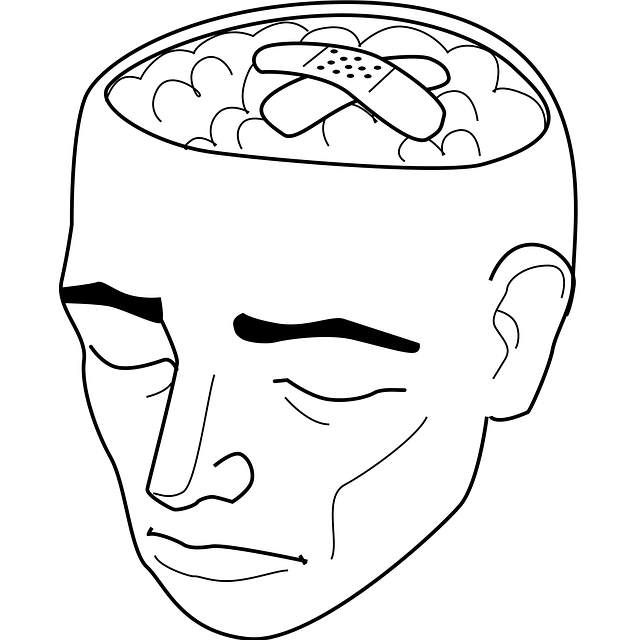Civil commitment proceedings in Oregon, particularly in Marion County, are strictly regulated by a mental health law framework to safeguard individuals with severe mental illness or substance use disorders. The process begins with a professional assessment, followed by court petitioning. Access to legal representation is critical for fairness and the protection of individual rights. Marion County advocacy groups offer specialized support, guiding clients through complex proceedings and promoting positive outcomes in mental health cases. These advocates ensure clients' rights are upheld during involuntary treatment or detention, empowering them to make informed decisions.
“Navigating complex legal waters can be daunting, especially when it comes to sensitive matters of civil commitment. This comprehensive guide delves into the intricate world of Oregon’s mental health law, providing a detailed understanding of civil commitment proceedings. We explore the critical role of Marion County Advocacy in safeguarding your rights throughout this process. Furthermore, our article ensures you’re informed about legal representation options, offering valuable insights for those navigating the Oregon commitment process, with a focus on protecting rights in mental health cases.”
- Understanding Civil Commitment Proceedings: A Guide to Oregon's Mental Health Law
- The Role of Marion County Advocacy in Protecting Your Rights
- Ensuring Legal Representation: Navigating the Oregon Commitment Process
Understanding Civil Commitment Proceedings: A Guide to Oregon's Mental Health Law

Civil commitment proceedings are a critical aspect of Oregon’s mental health law, designed to ensure the safety and well-being of individuals suffering from severe mental illness or substance use disorders. In Marion County, understanding the commitment process is crucial for anyone facing such challenges or supporting someone who is. The first step in this process involves an assessment by a qualified professional, who determines if an individual meets the strict criteria for civil commitment. If so, a petition is filed in court, initiating legal proceedings that safeguard the rights of all involved.
Oregon’s commitment process places an emphasis on due process and respect for individual liberties. Those facing civil commitment have the right to legal representation, which plays a pivotal role in ensuring fair outcomes. Marion County advocacy groups and legal services organizations offer specialized support, guiding individuals through the complex mental health law framework and advocating for their rights at every stage of the proceedings. This assistance is vital, as it helps navigate the system, protect against potential abuses, and ultimately promotes positive outcomes for those seeking or undergoing civil commitment.
The Role of Marion County Advocacy in Protecting Your Rights

In the intricate landscape of mental health law, Marion County Advocacy plays a pivotal role in guiding individuals through Oregon’s commitment process. Their expertise is invaluable when navigating complex civil commitment proceedings, ensuring that your rights are protected at every step. With a deep understanding of the Oregon commitment process, they provide essential legal representation, especially crucial for those facing involuntary treatment or detention.
Marion County Advocacy ensures that clients fully comprehend their rights in mental health cases, empowering them to actively participate in decisions affecting their lives. Through their dedicated support, individuals can navigate this intricate legal terrain with confidence, knowing their interests are fiercely advocated for during these challenging times.
Ensuring Legal Representation: Navigating the Oregon Commitment Process

Navigating civil commitment proceedings can be a complex and daunting task for anyone involved, especially those facing mental health challenges. Ensuring proper legal representation is paramount in such cases, as it directly impacts an individual’s rights and outcomes within Oregon’s commitment process. The intricate nature of mental health law demands advocates who are well-versed in this specific area to guide clients effectively through each step.
In Marion County and beyond, dedicated advocacy groups play a vital role in supporting those facing civil commitment. These organizations provide legal representation, ensuring that individuals’ rights are protected and that they receive fair treatment under the Oregon commitment process. With their expertise, they help clients understand their options, challenge inappropriate commitments, and advocate for less restrictive alternatives where possible.
